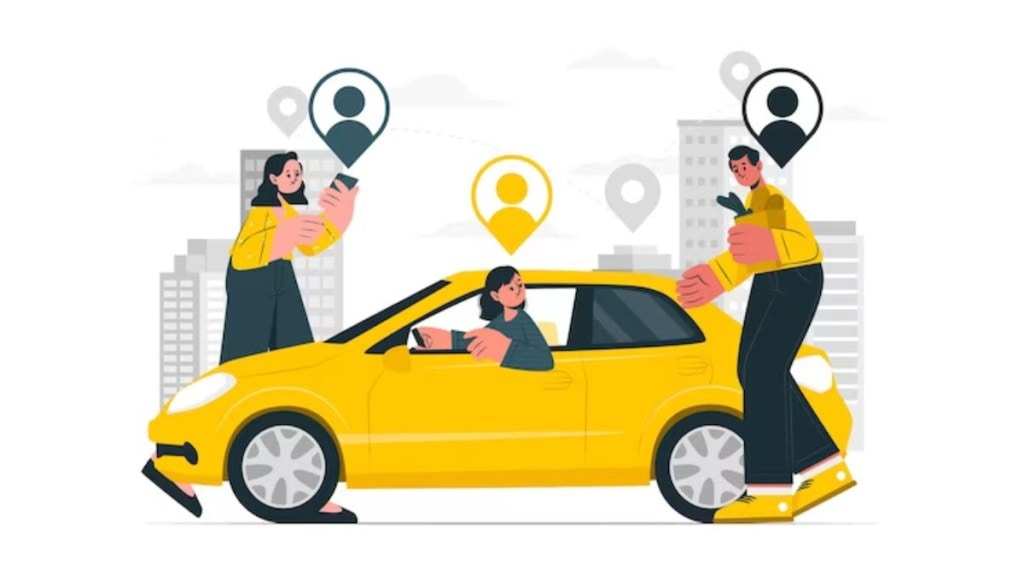In today’s age, urbanisation and the accelerated wave of ICE vehicles have penetrated deeper into the socio-political regime of every country. Subsequently, they have become the biggest contributor to enhanced carbon footprint, significantly causing climate disruptions. Leaving no exception, India in 2023 was anticipated to witness an astounding increase in carbon emissions, registering 147 million tonnes of GHG emissions through conventional fossil-fuel-powered passenger vehicles.
Adding more to the country’s climate concerns, Delhi-NCR tops the list, becoming the city with the worst Air Quality Index (AQI). In tandem with this, the Delhi government on December 22, 2023 imposed a ban on BS3 petrol and BS4 diesel vehicles to tackle the dipped AQI. Furthermore, considering Delhi NCR’s traffic congestion, poor air quality and the recent ban, Togopool has recently surveyed to understand the consumer shift to green commuting and sustainability.
Commenting on the changing commuting landscape, Saurabh C, founder, Togopool, said, “It’s exceptional to witness the sudden change in commuting preferences, with the Indian populace increasingly becoming active towards sustainability, characterised by a growing likeness towards green mobility solutions. At Togopool, we’re more than motivated to harness this change further, inculcating a sense of eco-consciousness by offering Indian commuters an immersive ridesharing experience.”
With the sudden interest in eco-consciousness, the Indian populace is tapping into the role of responsible citizens, as Togopool’s survey revealed more than 97% of commuters opted for carpooling as their preferred mode of commuting, with only 3% opting for cabs. This monumental statistic not only showcases India’s seismic transition towards carpooling but also marks a significant stride in India’s participation in achieving the collective SDG goals by 2030.
Amongst a plethora of sustainable mobility solutions, most of them fail to offer cost-effective services, refraining commuters from indulging in the same. However, the survey report unveils that 92% of commuters feel carpooling represents not only a sustainable model but is also a cost-effective mode of transportation, with a minute 8% feeling the opposite way. Although a new concept within the Indian periphery, 93% of commuters voted to choose carpooling, post the implementation of comprehensive safety measures and security assurances.
Since India is the most populous country, it’s an understatement to say that the country’s traffic congestion poses a significant grievance to almost all commuters. As per the scenario, 89% of daily commuters believe that carpooling can contribute towards reducing traffic congestion, considering that, 91% opted for carpooling services for their daily work and travel needs. Apart from its reduced traffic congestion, commuters have also selected carpooling because 86% feel it also fosters a sense of community among commuters, automatically elevating the ladder in terms of socialisation.
Emerging as the catalyst for sustainability, environmental-friendly mobility solutions, and fostering a sense of collective responsibility, Togopool’s survey also disclosed that 69% of commuters have previously participated in carpooling arrangements for their daily commutes. On the contrary, 31% of commuters have not participated in carpooling arrangements. Still, this number is soon poised to change with the augment of robust ride-sharing platforms, leading the baton of sustainable mobility solutions forward.
With this survey, Togopool has become one of the most sought-after platforms to advocate a profound shift in daily commuter’s mobility preferences. It showcases the potential of carpooling in not only transforming the ideals of sustainability but also providing commuters with an experience to interact, connect, and broaden their social circles with people who are willing to take the first steps.
